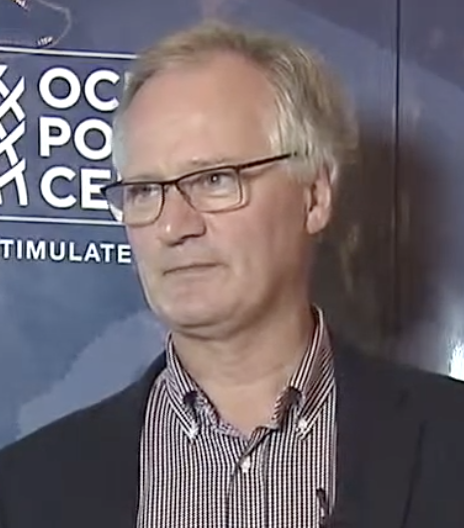Christian LEFFLER, Deputy Secretary General for Economic and Global Issues, EEAS
November 1, 2015
Speakers

Christian LEFFLER
Deputy Secretary General for Economic and Global Issues, EEAS
Christian Leffler was the Deputy Secretary-General at the European External Action Service (EEAS) in Brussels until his retirement in March 2020. He had previously held the post of Managing Director for the Americas at the EEAS and Deputy Director General at the Commission’s Directorate General for Development.
Leffler joined the Swedish Foreign Service in 1980. Postings to Cairo and Paris were followed by the Political Affairs Department of the Ministry in Stockholm and then the Mission in Brussels during Sweden’s EU accession negotiations. He joined the European Commission in 1996, where he took up the post of Commission “Antici” and Head of the unit in the Secretariat General responsible for the coordination of relations with the Council of Ministers.
In 1999, Leffler be ...




